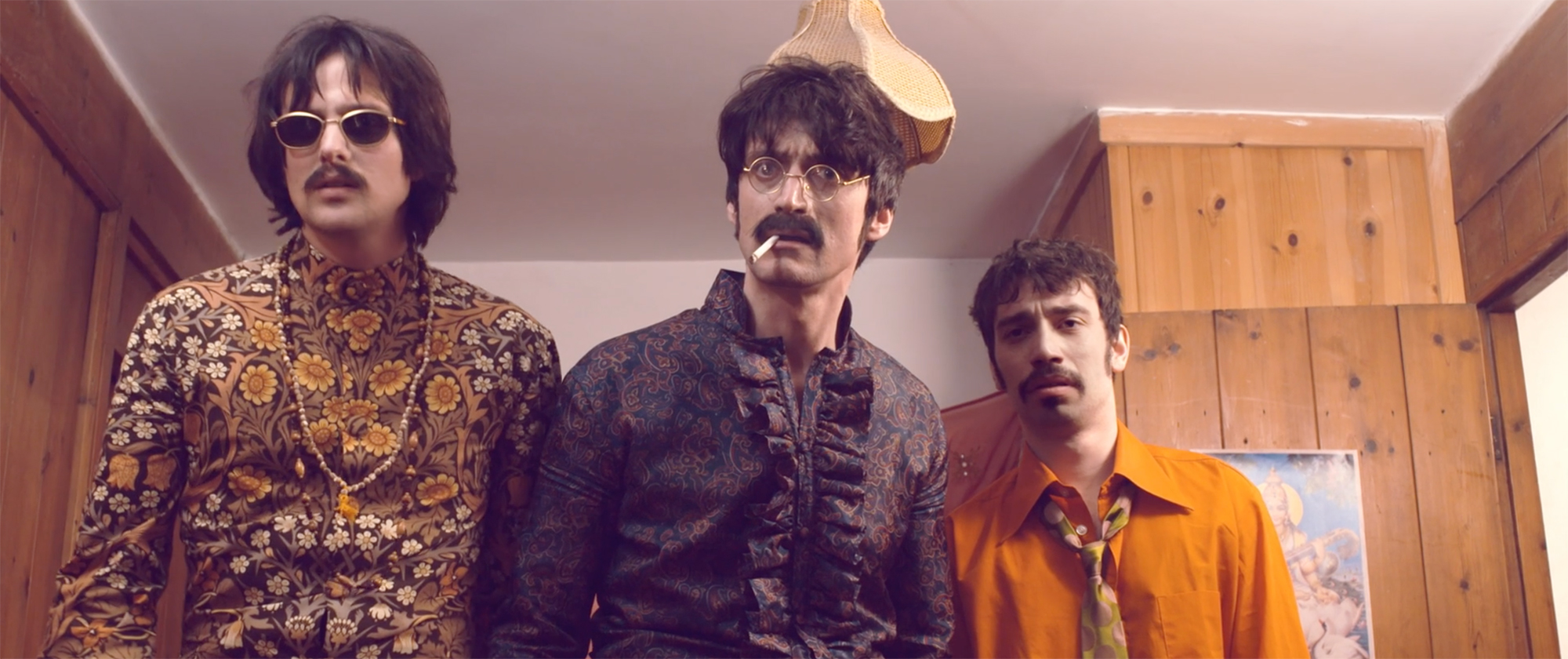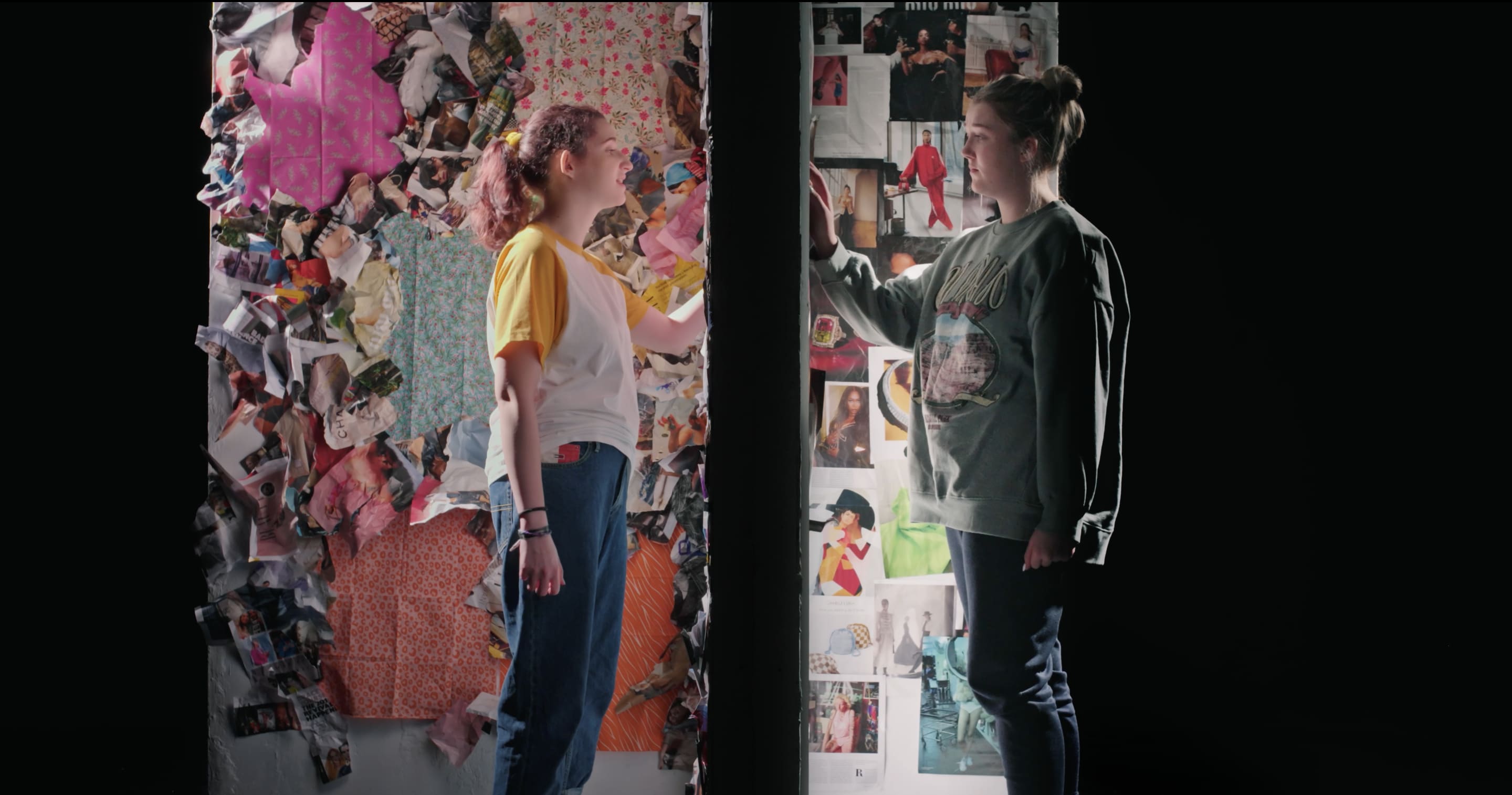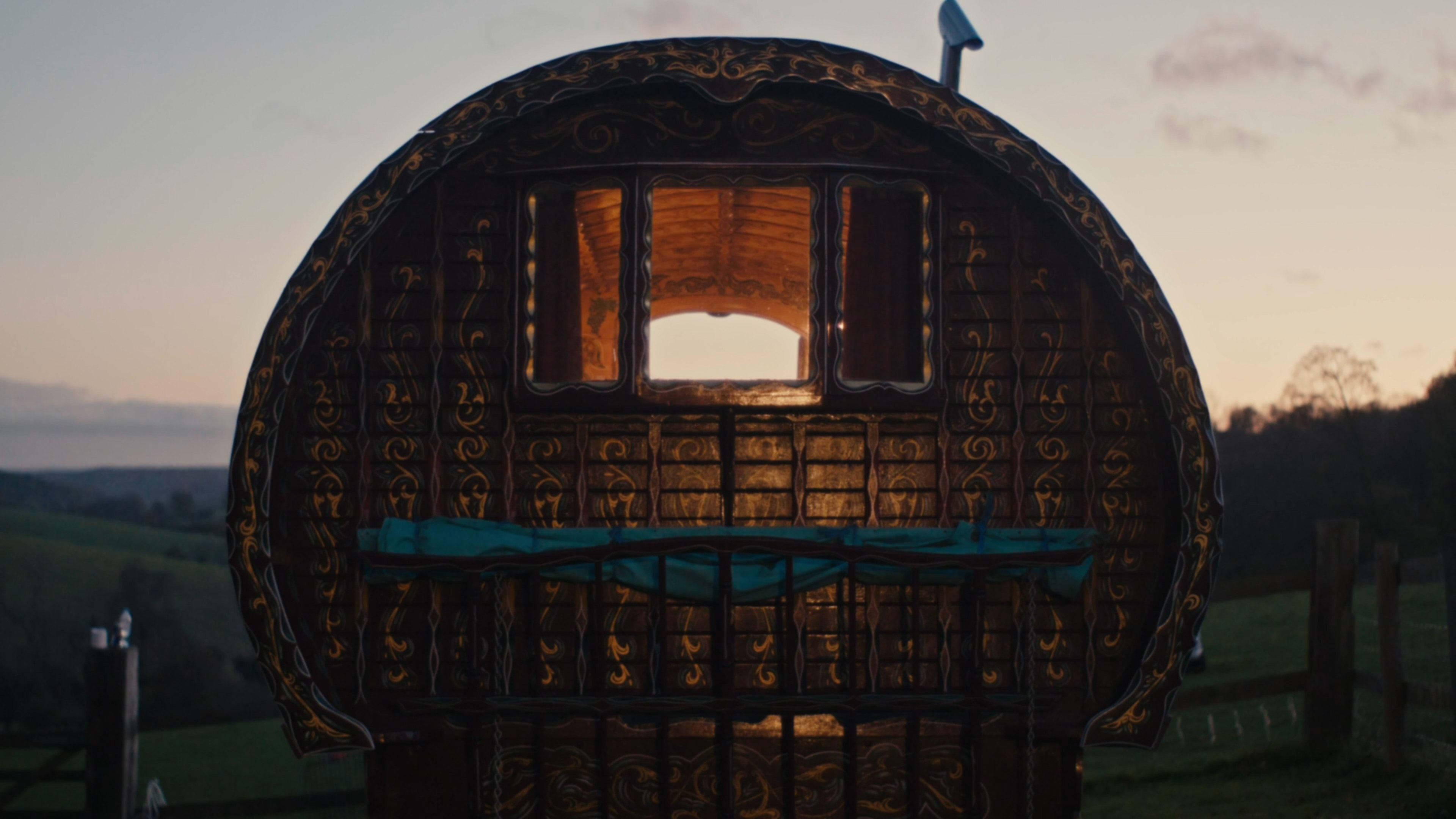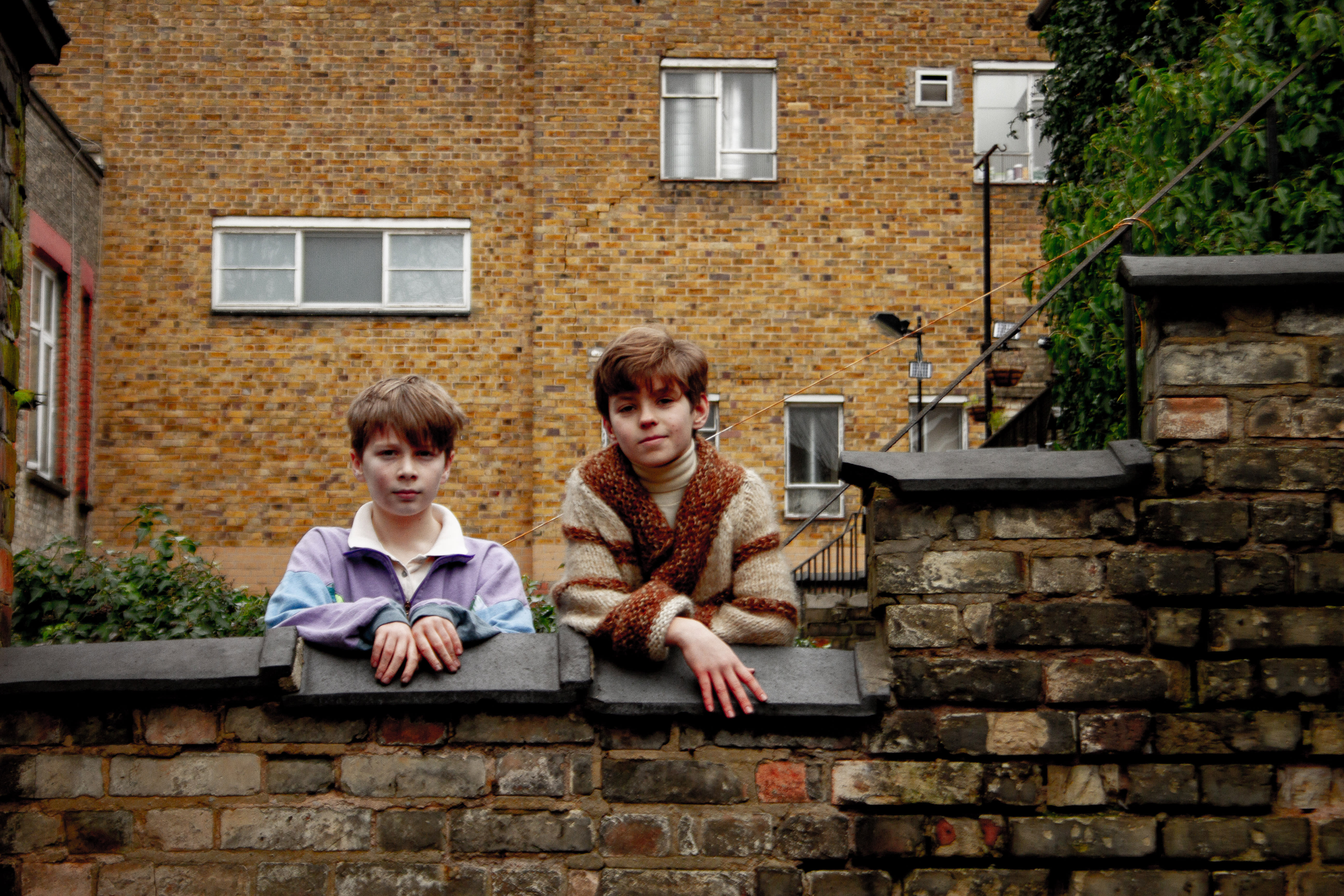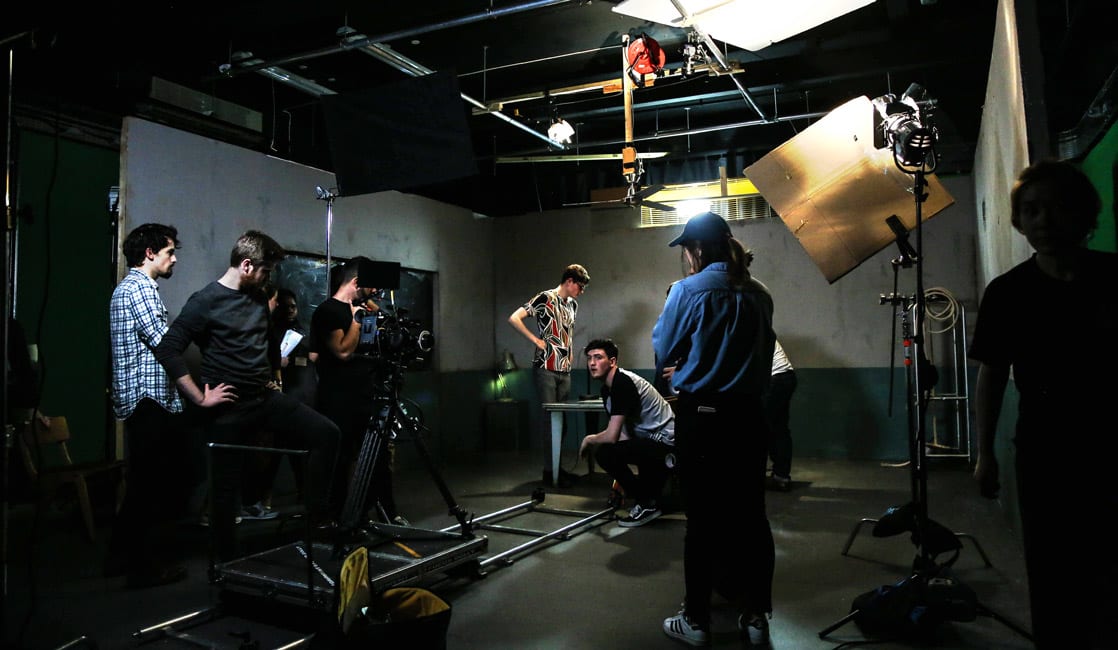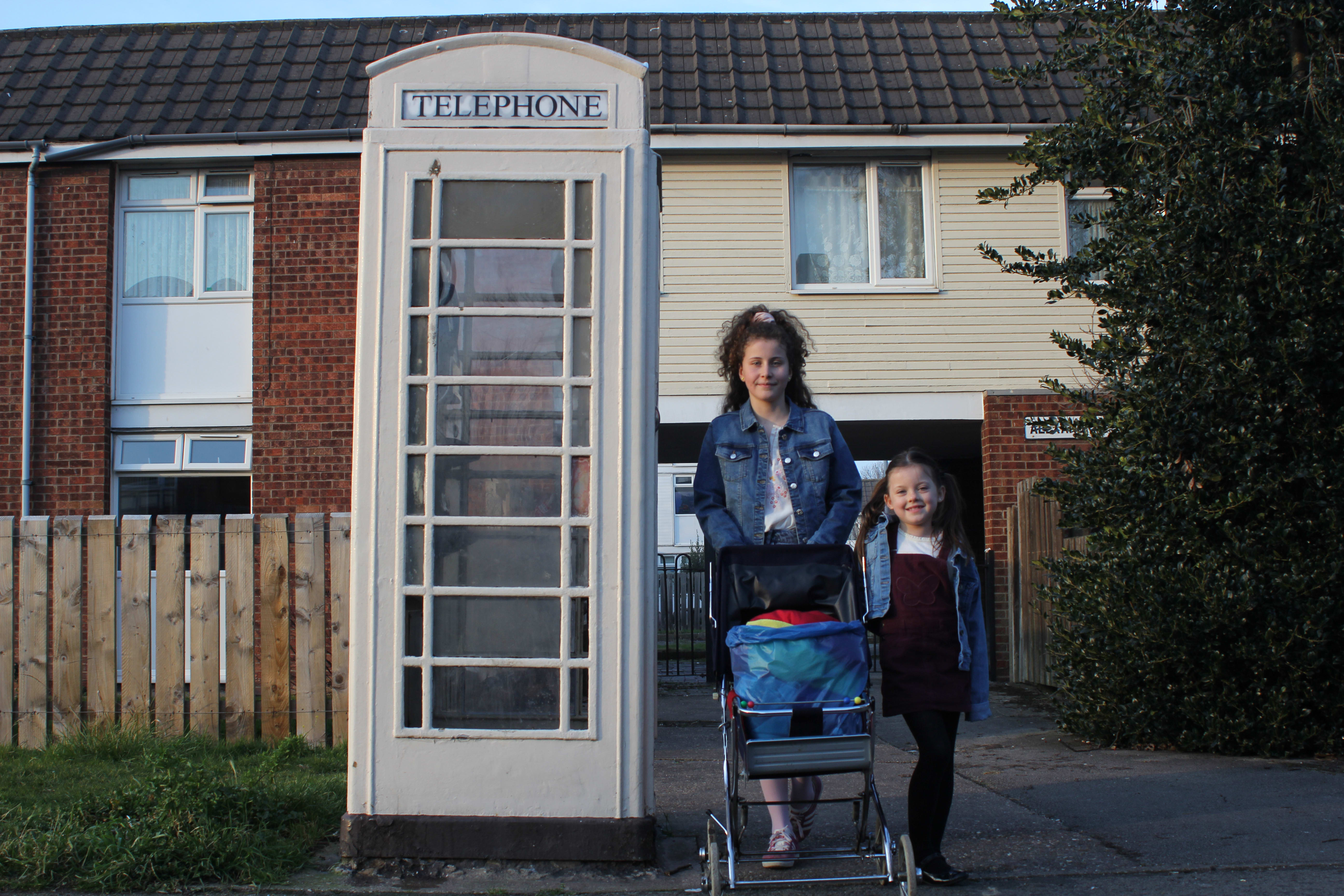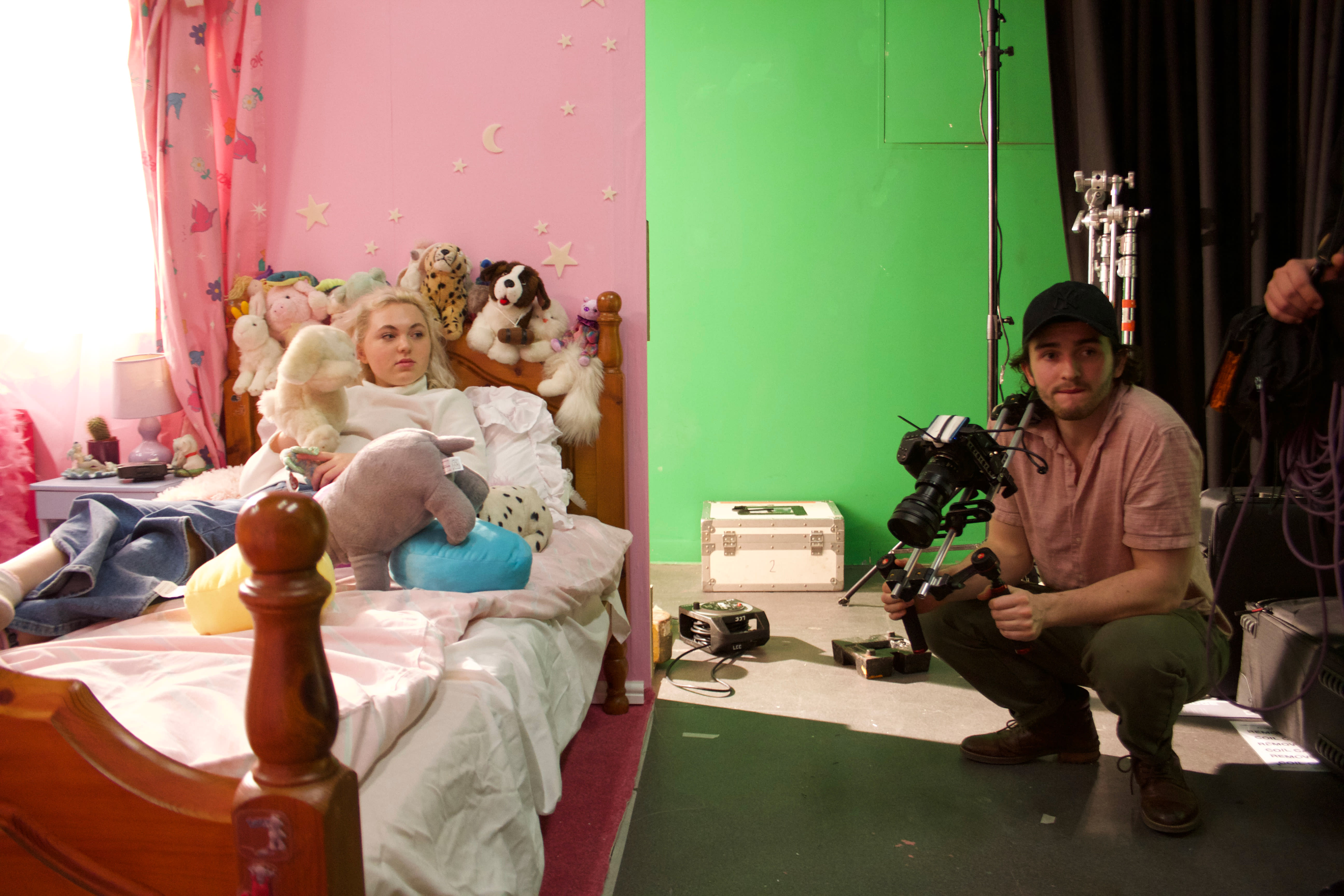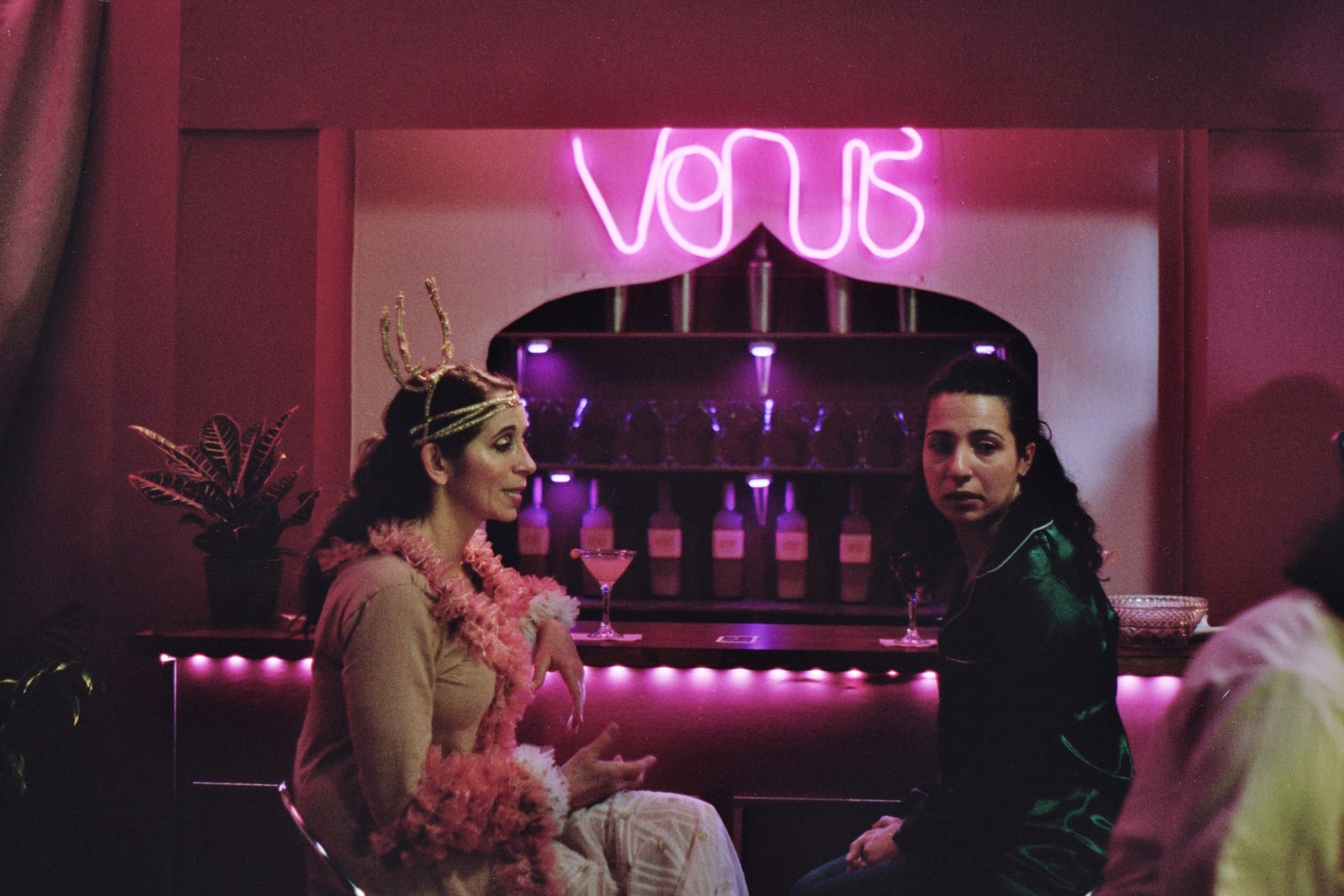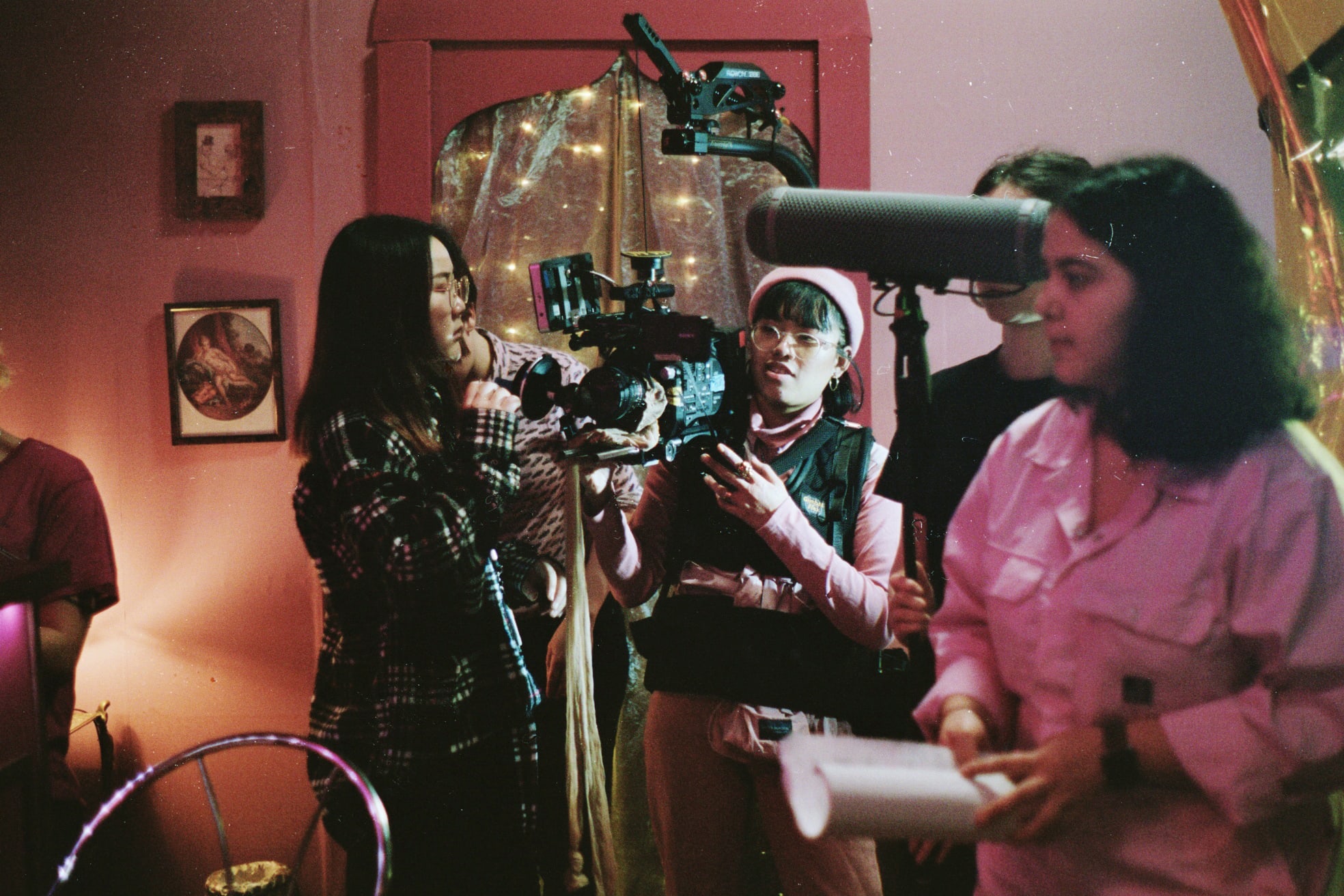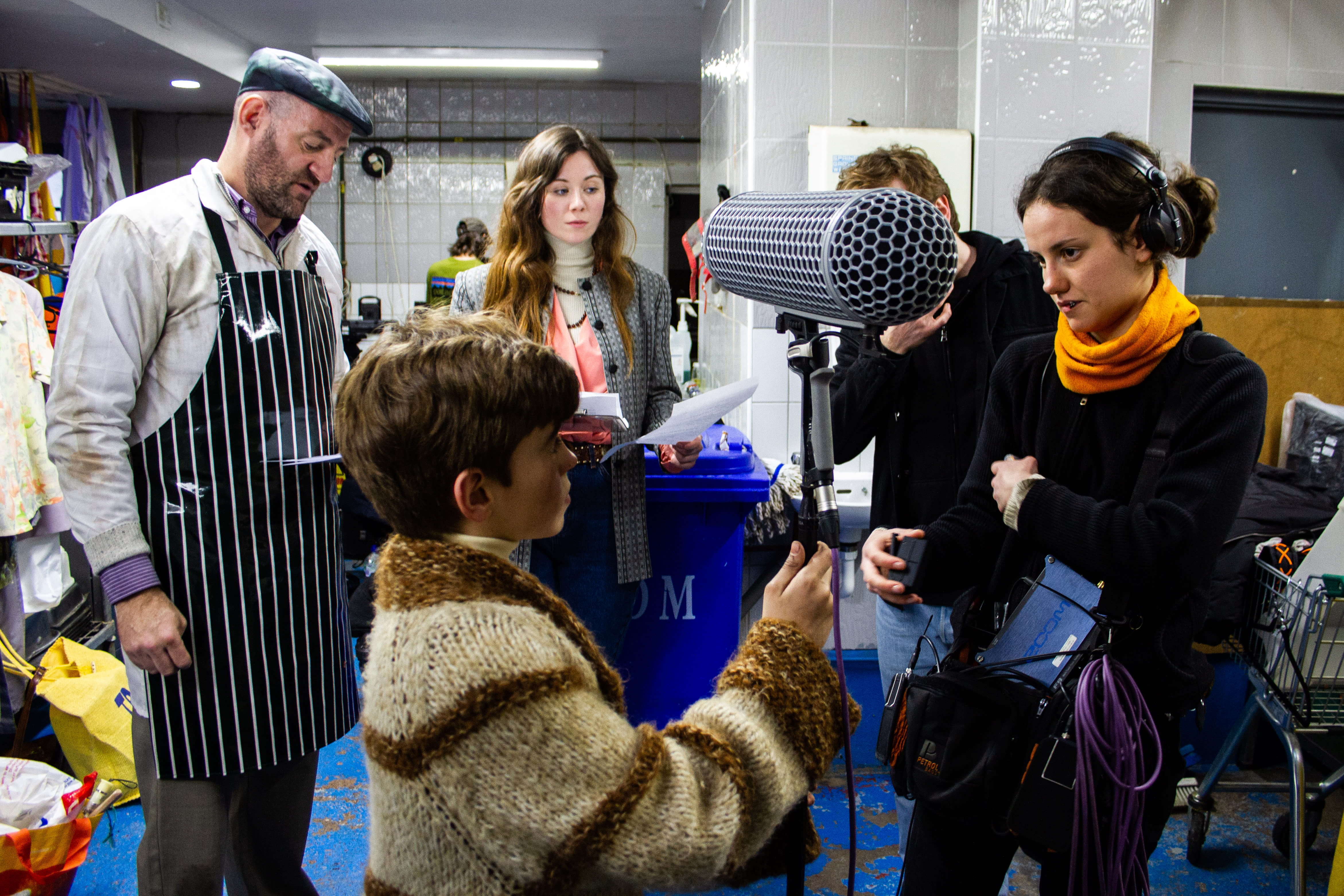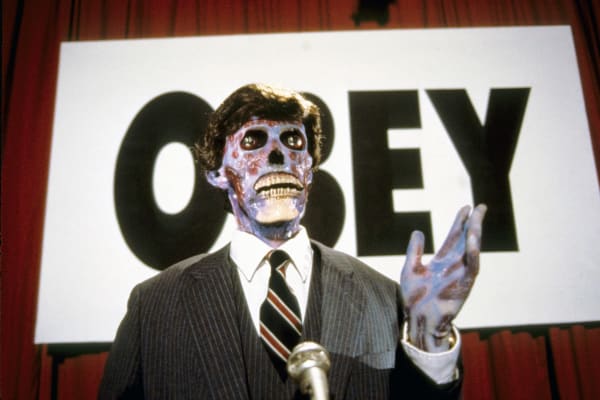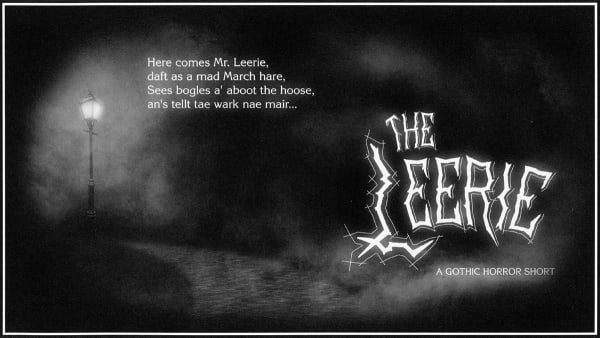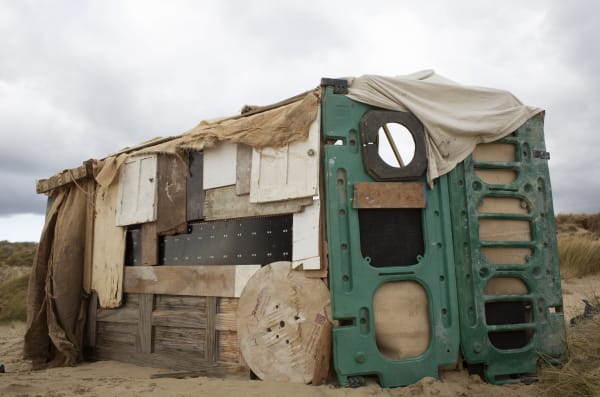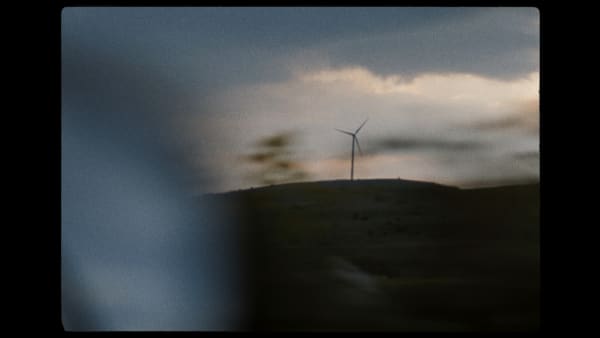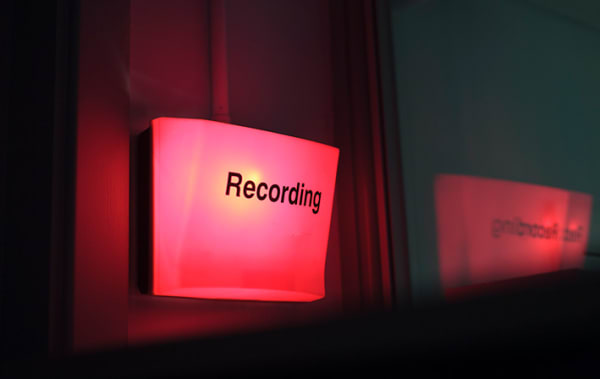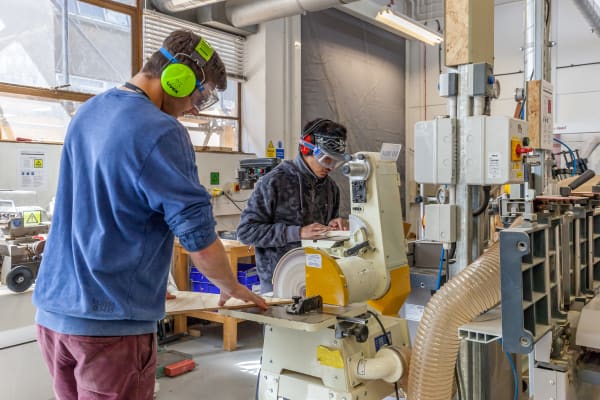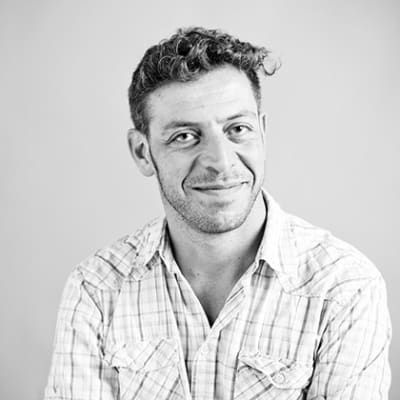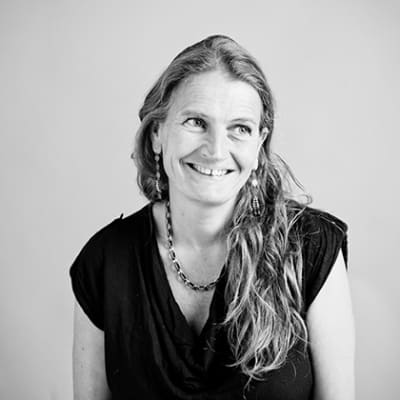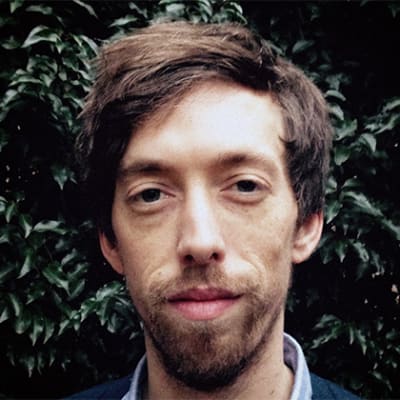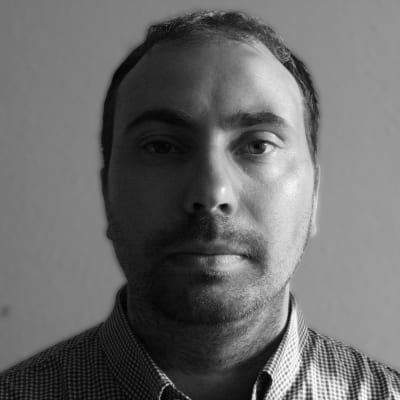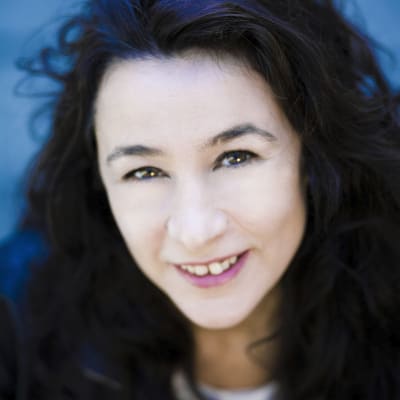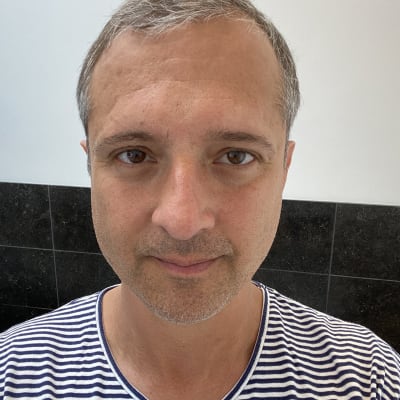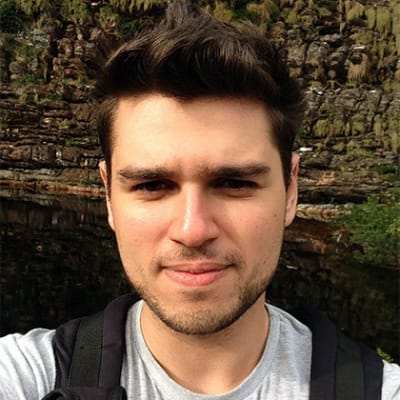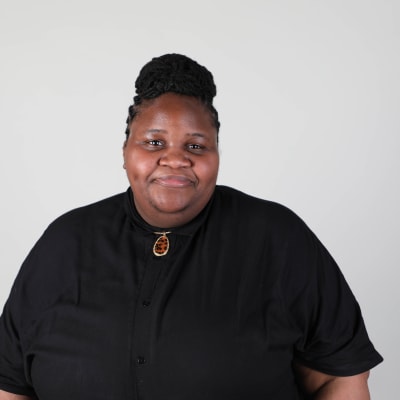Course units
In response to the Climate Emergency, UAL has embedded responsible practices within the curriculum. We shaped our courses around principles of social and racial justice, and environmental sustainability that ensure learning outcomes reflect the urgent need to equip you with the understanding, skills, and values for ethical practice and empower you to work towards an equitable future.
Year 1
Introduction to Film Practice (20 credits)
This unit aims to introduce you to your course and subject specialism, as well as to effective learning and studentship at undergraduate level. Alongside a more general induction, the unit will also give you a grounding in the core elements of film practice by enabling you to take a story idea from inception through preproduction, resulting in a workable plan for a short film.
Documentary (40 credits)
Working in teams, you’ll conceive, research and deliver a short creative documentary that will form the main element of your assessment. Through a series of practical workshops, this unit will enable you to learn and develop the practical skills and expertise needed to make the film. Through a series of lectures and seminars, you’ll also gain an appreciation of the creative potential of the documentary form.
Film Style (20 credits)
In this unit, you’ll explore the intersection of film style, aesthetics and cultural/political ideas. After examining the timeless conventions of classical narrative, you'll study the history of modernist aesthetic practices that have provided an alternative to Hollywood's continuity editing and seamless narration.
Fiction (40 credits)
Working in teams to develop a short narrative film, you’ll undertake a specific filmmaking role that will enable you to explore the core skills required for a more ambitious single camera production. Practical workshops will support you to develop the expertise needed to meet the challenges of this group film, and also to gain knowledge of the creative collaboration at the heart of fiction filmmaking.
Year 2
Studio (20 credits)
You’ll develop the skills needed for dynamic group collaborations that inform more complex and ambitious shoots. Building on the practical craft skills gained in Year 1, you’ll be encouraged to further develop your filmmaking craft through specialised practical workshops that support the main element of this unit: the conception, pre-production, production and delivery of a short film in the studio.
Story (20 credits)
Building on the story development skills gained in Year 1, you’ll have opportunities to develop your skills further in conceiving and developing stories for the screen.
Creative Industries (20 credits)
You’ll gain insights into how the film industry operates and will be encouraged to develop the elements needed to find work experience including a CV, a showreel and an online profile. The unit has built in optionality, enabling you to choose between working on a live brief with a real client and/or finding real-world work experience, all of which will help you to start building the networks, experiences and skills necessary to gain opportunities in the industry.
Film Methods (20 credits)
By studying the methodologies used in particular filmmaking traditions and by particular filmmakers, you’ll build your knowledge and understanding in the analysis of cinematic paradigms, narrative traditions and creative choices that shape films from a variety of contexts. You’ll also gain insight into how certain creative filmmaking methods work to create specific on-screen effect.
Year 2 Film (40 credits)
You’ll form production groups around an idea generated in the ‘Story’ Unit. The project will be supported by specialist workshops and project supervision, where you’ll develop the various skills and expertise needed to take the idea through to completion.
Year 3
Research Project (40 credits)
As the culmination of all your academic and critical skills gained on the degree so far, this unit will offer you the opportunity to develop the analytical, critical and methodological skills needed to conceive, plan, and write an extended research paper. You will determine the nature of the project, which can be a study of already established practices and practitioners or an exploration of your own practical work.
Graduation Film (60 credits)
This is a comprehensive challenge of film production, and will demonstrate your knowledge of filmmaking roles, departments and practices developed over the previous years.
Creative Careers (20 credits)
Building on the Creative Industries unit in year 2, you’ll have the opportunity to prepare a plan for your creative career after you graduate. A series of sessions on employability within the film industries (and beyond) and specific tutor support will enable you to develop a specific, research informed plan that can aide your transition into employment or post-graduate education. Additional optionality is offered by enabling you to complete the albert certificate in sustainable filmmaking.
Optional Diploma between Years 2 and 3
Between Years 2 and 3 of your course, you’ll also have the opportunity to undertake one of the following qualifications:
Diploma in Professional Studies (DPS) (Optional)
An optional, year-long learning opportunity which enables you to develop your professional skills by undertaking time out for industry experience. Supported throughout the year by academics, you’ll build on the knowledge gained on your course in a range of national or international locations, and graduate with an additional qualification of Diploma in Professional Studies.
UAL Diploma in Creative Computing (Optional)
Between Years 2 and 3, you can undertake the year-long Diploma in Creative Computing. This will develop your skills in creative computing alongside your degree. After successfully completing the diploma and your undergraduate degree, you’ll graduate with an enhanced degree: BA (Hons) Film Practice (with Creative Computing).
